Advances in maternal and newborn health
When my twin daughters were born more than five years ago, they both needed specialist medical care immediately after birth. I also needed specialist health care during what was considered a high-risk pregnancy.
WHO partners with Ministry of Health to respond to recent measles outbreaks in Vietnam
PHOTO: WHO
I am forever grateful for the healthcare my children and I received, giving them the healthiest start in life possible, something every baby deserves and every parent wants.
In Vietnam and around the world , great strides have been made in improving the health of pregnant women, mothers and babies. But not all pregnant women, mothers and babies receive the care that my family received and this needs to change.
Every year on April 7, the World Health Organization (WHO) celebrates World Health Day, the anniversary of its founding in 1948, to celebrate progress towards better health, as well as highlight the need for greater efforts in some areas.
This year’s theme, “Healthy Start, Bright Future,” World Health Day focuses on quality health care for mothers and newborns around the world. Investing in maternal and newborn health is not only essential for health, it also makes economic sense. Every $1 invested in maternal and newborn health can yield a return of up to $20.
Today, a baby born in Vietnam has a higher chance of surviving the first four weeks of life than ever before. In 2000, 15 newborns died for every 1,000 births; by 2023, that rate had dropped to 10 deaths.
The number of women dying during pregnancy and childbirth in Vietnam is estimated to have nearly halved in recent decades, from 83 women dying per 100,000 live births in 2000 to 48 deaths in 2023.
This impressive progress is due to better health care, especially at the primary level; immunization; and significant improvements in nutrition, clean water and sanitation.
This has been achieved through strong leadership and commitment from the Government, the Ministry of Health, the expertise and dedication of health workers at all levels, effective coordination from other agencies, and support from partners. WHO is proud to be a partner in these efforts.
Beyond the maternal and child realm
WHO's work in Viet Nam over the past 50 years has also covered a wide range of health issues to help the Vietnamese people enjoy better health and help the Government achieve health-related sustainable development goals.
WHO Representative in Vietnam talks with a grandmother taking her granddaughter for routine vaccination in Buon Don commune, Dak Lak province.
PHOTO: WHO
Since 1981, when Vietnam launched its national expanded program on immunization (EPI), WHO has worked closely with Vietnam to ensure that every child is protected from diseases such as measles, diphtheria, pertussis and Japanese encephalitis. EPI has helped Vietnam eradicate smallpox, eliminate neonatal tetanus and be certified by WHO as a polio-free country.
Following disruptions to immunization due to the Covid-19 pandemic, WHO has provided support to restore high vaccination coverage for children, even in the most remote areas and during the current measles outbreak.
During the Covid-19 pandemic, WHO provided urgent technical support to support the Government’s strong efforts to protect health, society and the economy. Lessons from the pandemic experience help us strengthen our health security systems, including pandemic preparedness and response.
To help the health sector respond to extreme weather, such as Typhoon Yagi, WHO continues to work to strengthen the climate resilience and environmental sustainability of health facilities, including improving access to clean water and energy efficiency.
In these efforts, we are deeply grateful for the support of local and international donors and partners, community organizations, charitable foundations, academic institutions and United Nations agencies.
Strengthening cooperation to address remaining gaps
Although we have made significant progress, many health gaps still exist.
For example, many people with conditions such as diabetes, cardiovascular disease, tuberculosis or HIV do not have access to diagnostic and treatment services. We need to improve primary care; further strengthen the role of health insurance, including reducing out-of-pocket costs for health care services. We also need to do more to reduce risk factors for non-communicable diseases such as smoking, alcohol use, poor nutrition and insufficient physical activity.
Improving maternal and newborn health, ensuring children are fully vaccinated, preventing infectious diseases, protecting people from road injuries, tackling the health risks of climate change, helping people live healthier lives, bringing quality health services closer to where people live, and preparing for and responding to health emergencies are at the core of WHO’s work.
WHO Director-General Dr. Tedros often says: "A healthy person prays for many things: money, success, happiness. But a sick person prays for only one thing: good health."
On this World Health Day, we are proud to continue our work with the Government of Viet Nam to deliver better health and create brighter futures, and WHO has the same wish for pregnant women, newborns and all people of Viet Nam: good health for all.
Source: https://thanhnien.vn/ton-vinh-su-tien-bo-va-hop-tac-vi-mot-tuong-lai-khoe-manh-hon-185250408094538729.htm


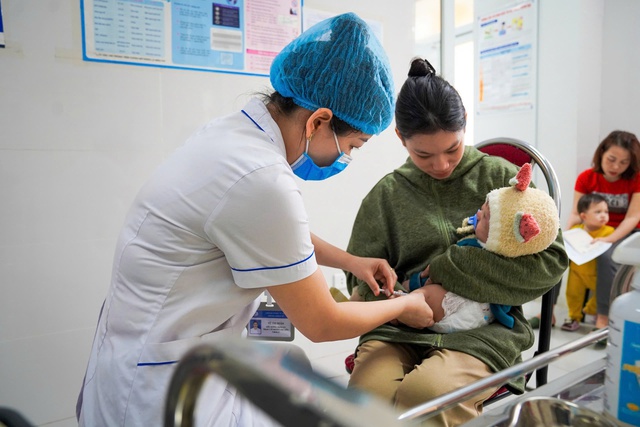
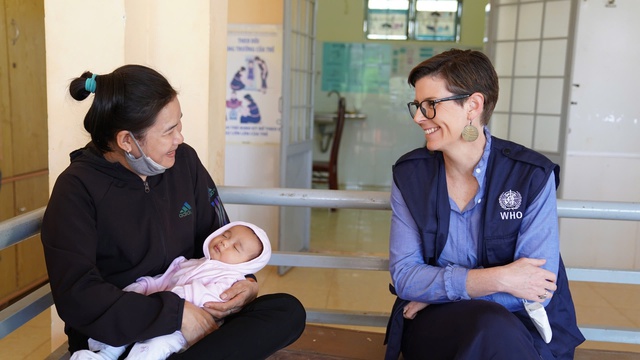
![[Photo] Prime Minister Pham Minh Chinh receives leaders of Excelerate Energy Group](https://vphoto.vietnam.vn/thumb/1200x675/vietnam/resource/IMAGE/2025/5/29/c1fbe073230443d0a5aae0bc264d07fe)

![[Photo] Prime Minister Pham Minh Chinh attends the event "Digital transformation of the banking industry by 2025"](https://vphoto.vietnam.vn/thumb/1200x675/vietnam/resource/IMAGE/2025/5/29/0e34cc7261d74e26b7f87cadff763eae)






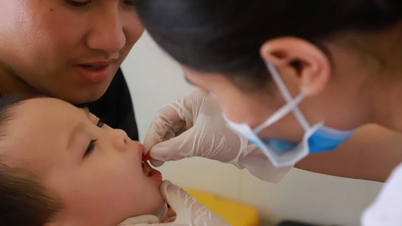



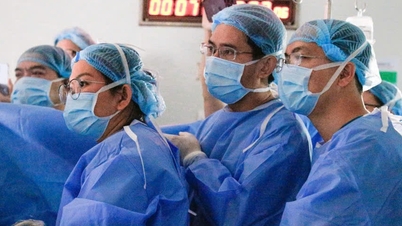






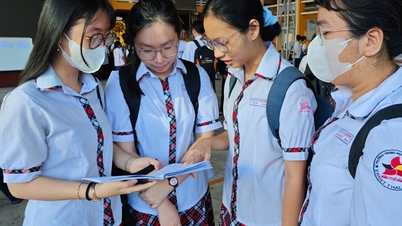



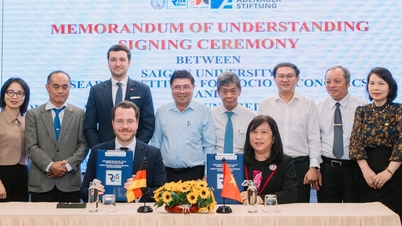








































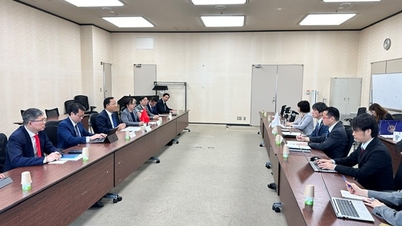



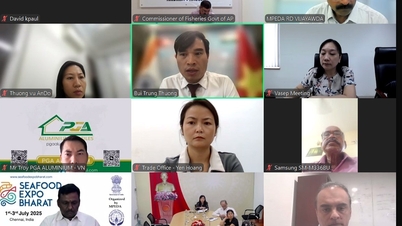









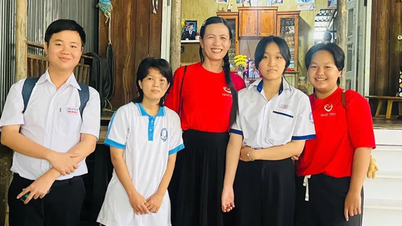












Comment (0)